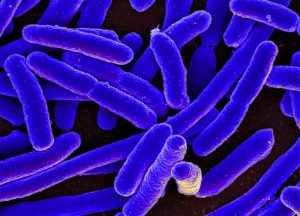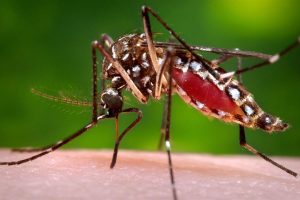Dr. Sinan Sousan’s team had a journal article published on a field study that was conducted at a farm in Eastern North Carolina to validate low-cost aerosol sensors for personal and area exposure measurements. The study was led by MPH graduate Justine Olegario in collaboration with MSEH graduate Swastika Regmi and supervised by Dr. Sousan. The study was made possible through North Carolina Agromedicine Institute’s partnership with farmers and funding this work. This work was also funded by ECU.
Olegario JM, Regmi S* and Sousan S (2021). Evaluation of Low-Cost Optical Particle Counters for Agricultural Exposure Measurements. Applied Engineering in Agriculture 37(1): 113-122. doi: 10.13031/aea.14091
Abstract
Prolonged exposure to dust has been shown to have adverse health effects in agricultural workers, primarily with the development of respiratory diseases. Low-cost sensors may be cost-effective tools for farmers to determine when they are exposed to harmful levels of dust during their workday. The purpose of this study was to identify low-cost sensors that may be reliably used in occupational settings to help workers and employers identify respirable particle matter exposure. The study utilized two different low-cost optical particle counters (OPCs) to collect data on dust exposure, which were worn on a belt by the participant: the OPC-N3 developed by Alphasense and the AirBeam2 developed by HabitatMap. Additionally, an AirChek TOUCH air sampling pump fit with a respirable dust aluminum cyclone allowed for the collection of respirable particulate matter (PM4) to determine the true concentration of exposure. Results show that the PM4 measurements made by the OPC-N3 are similar to the gravimetrical filter measurement at concentrations of < 50 μg/m3. In addition, the data analysis suggests that the AirBeam2 may be significantly underestimating the amount of particulate matter that farmworkers are exposed to and therefore may not be suitable for occupational exposure measurements compared to the OPC-N3.
*Swastika Regmi is a graduate of the MS Environmental Health degree program.


